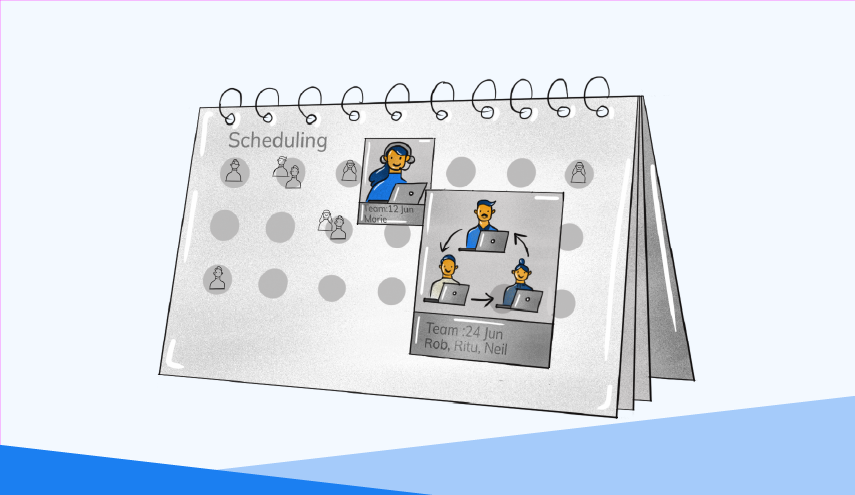In today’s always-on world, downtime isn’t just an inconvenience; it can mean millions in lost revenue and damaged reputation. For IT and DevOps teams tasked with ensuring 24/7 uptime, managing Oncall Schedule has never been more crucial. Yet, many organizations still rely on outdated methods like spreadsheets and manual handoffs, which often lead to missed alerts and delayed responses.
As the demand for more reliable incident response grows, automated on-call scheduling tools are stepping into the spotlight. Platforms like PagerDuty, Opsgenie, and AlertOps have become key players, but how do they compare? And what should teams look for in a modern solution?
The Pitfalls of Manual On-Call Scheduling
Manual scheduling methods may work for small teams but quickly become unsustainable at scale. Common challenges include:
- Coverage Gaps: Unforeseen absences or miscommunications leave critical windows uncovered.
- Escalation Breakdowns: Without automation, alerts can stall if the primary responder is unavailable.
- Poor Visibility: Teams often lack real-time insights into who’s on call and what incidents are active.
These issues not only increase Mean Time to Resolution (MTTR) but also contribute to engineer burnout and alert fatigue.
What Sets Modern On-Call Tools Apart?
Today’s leading on-call scheduling platforms offer far more than static calendars. Essential features to consider include:
1. Dynamic Escalation Policies
The ability to automatically escalate alerts through multiple tiers ensures incidents don’t slip through the cracks.
2. Multi-Channel Alert Delivery
Modern platforms push notifications across SMS, voice calls, mobile apps, and collaboration tools like Slack or Teams, which improves responder engagement.
3. Real-Time Reporting and Analytics
Insight into response times and incident trends helps teams refine processes and maintain SLA commitments.
Why AlertOps Stands Out
While PagerDuty and Opsgenie have long been recognized in this space, AlertOps has been gaining attention for its flexible feature set and transparent pricing. Unlike some competitors that charge per user, AlertOps offers unlimited users under a flat-rate plan, which is ideal for growing teams.
Additionally, its AI-driven alert correlation engine reduces noise by grouping related alerts, helping teams focus only on what matters. Seamless integrations with over 200 tools ensure AlertOps fits neatly into existing tech stacks without disruptive migrations.
The Takeaway
For organizations looking to modernize their incident management, automated on-call scheduling is no longer optional; it’s a strategic advantage. While several platforms offer solutions, those like AlertOps that combine dynamic scheduling, multi-channel alerting, and cost transparency are setting a new standard for reliability and efficiency.





























